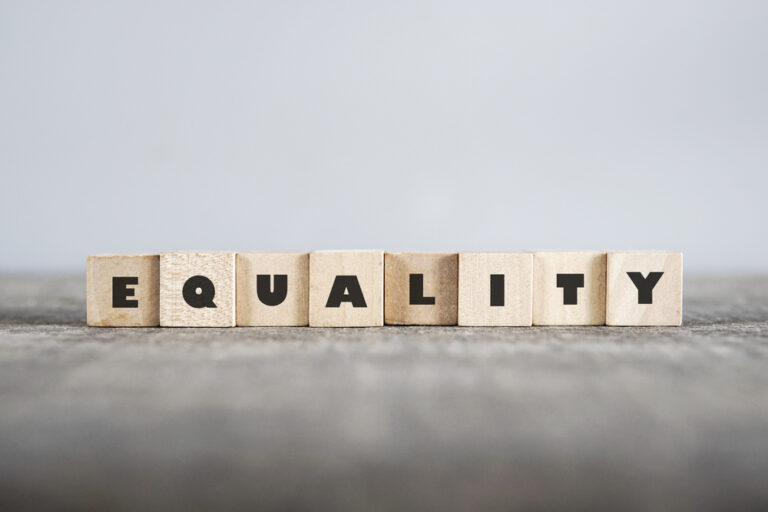What is a prenup?
Prenup is a colloquial American term for a prenuptial agreement – an agreement entered into by people who intend to marry. In Australia, a prenup is known as a Binding Financial Agreement (or BFA), however most people will still refer to these agreements as “prenups”. In Australia these agreements don’t have to be entered into only before marriage, they can also be agreed to during, or after, a marriage and can be made between de facto or same-sex couples.
The agreement must include a complete and honest catalogue of each partner’s earnings, assets and debts, and what they together agree to happen to them if the relationship ends. In lawyers jargon, they are BFA’s or Section 90 agreements. Section 90 of the Family Law Act sets out all about what is needed in them.
What are the benefits of a prenuptial agreement?
There are many benefits of having a prenuptial agreement. Such benefits aren’t only applicable in the case of a relationship breakdown. Some of the benefits include:
- Strengthening your relationship – in order to create a prenup you and your partner must have open and honest conversations about the assets each of you has as well as plans for the future, that often reduces the prospect of ever breaking up.
- Ensuring you have choice and control of your assets – in the event of a separation or divorce having a prenup enables you to choose how your assets are divided rather than a judicial officer in the Family Court making decisions for you, your partner, and any children involved.
- Saving time and money, and reducing stress – if a separation has to go through the Family Court it can drag on, with both parties having to pay hefty legal costs. An effective prenup can completely remove, or at the very least reduce, time, and pain spent in the Family Court system.
- Protecting important items – a prenuptial agreement can protect valuable assets as well as items of sentimental value. A prenup can ensure family heirlooms or even pets (pets are treated as property under family law) remain with the person to whom they matter most, and aren’t merely considered for their financial value alone.
- Separating business interests from personal issues – for business owners, a prenuptial agreement can prevent a relationship breakdown affecting the business. This can be of extra importance to businesses run as partnerships; a prenup can give the other partners in the business confidence that they won’t be dragged into legal proceedings and personal issues will not impact on the running of the business.
- Demonstrating that the relationship is based on love, not money – for example: Sally, wishes to enter into a BFA prior to marrying her fiancé John. John is a successful businessman who owns several properties in his name and Sally is a stay-at-home mum. Sally wants to enter into a BFA for social reasons – so no one could claim that she was ‘marrying for money’.
- The worst time to decide what is “fair” to each of you is at the time of a split when you most likely don’t feel up to it or they might deliberately want something unfair to you. So decide now whilst everyone is rational and friendly.
Should I get one?
All couples who are contemplating marriage or a de facto relationship should consider and discuss a prenuptial agreement. However, there are some people for whom a prenup is a particularly good idea:
- If you own real estate – a prenup is particularly useful in a situation where one party has more property than the other, and especially if one partner is moving into the other’s property to live
- If you own more than $50,000 in assets, or have accumulated more than $50,000 in superannuation
- If you own a business, or are partners in a business
- If you have been married previously or have children from a previous relationship – prenups can ensure assets from previous marriages can be kept to pass on to your children
- If you have received or expect to receive significant inheritances
- If you have beneficiaries other than your partner in your will
- If you earn more than $100,000 per year
- If you want to avoid court or minimise uncertainty in the event your relationship does end
When can I get one?
As discussed above, technically – in Australia – a prenup is known as a Binding Financial Agreement (or BFA). You can enter into one of these agreements before, during or after marriage or a de facto relationship.
What rules can I apply?
Prenuptial agreements primarily deal with the allocation of debts and assets if a relationship ends. In Australia, any decision to allocate assets based on ‘lifestyle’ or the behaviour of either partner can’t be enforced; for example a prenuptial agreement can’t dictate that one property will belong to one partner in the event of infidelity or weight gain (this can be the case in the USA). Prenups can include allocations for child support payments, but these can be overruled by the Family Court if they are found not to be in a child’s best interests.
Can a prenuptial agreement be overturned in court?
Yes. A prenuptial agreement must comply with strict and complicated legal guidelines. Never be involved in one without a lawyer unless a lawyer signs a certificate of advice for each spouse – it’s simply invalid. Under the Family Law Act (1975), if a prenup doesn’t meet these guidelines, it can be overturned. It can also be overturned if it is deemed ‘unfair’.
How can I ensure it doesn’t get overturned in court?
To make sure your prenuptial agreement will be upheld in a court, a necessary step is for both partners to seek independent legal advice in Australia. The written agreement must include each person’s current full financial position; there can be no omissions – either accidental or intentional. If one partner intentionally withholds information even innocently about their assets, the prenup is invalid.
Prenuptial agreements should also consider future possibilities such as having children or likely purchases. The agreement may be ruled as invalid if there is a significant change in circumstances that the agreement doesn’t cover. For example, a prenup could be set aside in court if it doesn’t include provisions for children, where a child is born to the couple after the agreement is signed.
Each partner must be given reasonable time to understand the agreement and must sign it voluntarily under no unreasonable pressure. An example of unreasonable pressure could be one partner threatening the other shortly before the wedding day that the ceremony would not go ahead unless the document was signed.
How much does a prenuptial agreement cost?
The cost of a prenuptial agreement can vary depending on topics like – are there children, where are the assets, are the assets real estate or in structures, how complex are the exclusions of assets, is there any international dimension. Having a prenup can prevent long and expensive legal battles, as well as helping couples create open and honest plans that are well-thought-out.
Speak to an expert Family Lawyer today.
Important Disclaimer: The content of this article is general in nature and for reference purposes only. It does not constitute legal advice and should not be relied upon as such. Legal advice about your specific circumstances should always be obtained before taking any action based on this publication.





